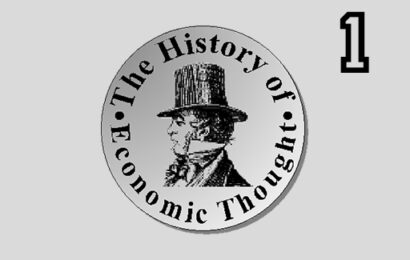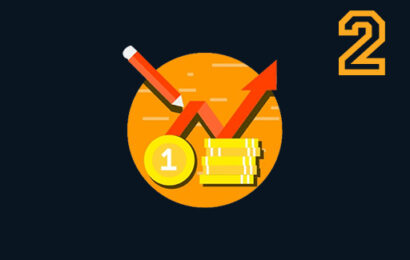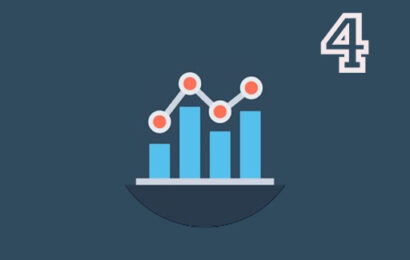
- Quizzes: 10
Mathematical economics applies mathematical methods to analyze economic theories, optimize decision-making, and predict market behaviors. Originating in the 19th century pioneers like Léon Walras and Vilfredo Pareto introduced mathematical rigor to economic analysis, laying the foundation for general equilibrium theory and utility maximization.
The 20th century saw rapid advancements with the use of calculus, linear algebra, and game theory, pioneered by John von Neumann and John Nash. These tools revolutionized microeconomics, macroeconomics, and financial modeling, making economic predictions more precise.
Mathematical economics has profound practical implications. It aids in policy formulation, business strategy, and financial risk management. Techniques like optimization models, econometrics, and dynamic systems analysis help governments and corporations allocate resources efficiently, stabilize markets, and forecast economic trends.
Despite its advantages, critics argue that excessive reliance on mathematics may oversimplify real-world complexities, ignoring psychological and social factors. However, advancements in computational economics and artificial intelligence are bridging these gaps, making economic analysis more dynamic and applicable.
Mathematical economics continues to shape modern economic thought, providing powerful tools to address global challenges such as inflation, unemployment, and economic crises. It remains an indispensable field for economists, policymakers, and business leaders alike.
Curriculum
- 2 Sections
- 0 Lessons
- Lifetime
- Notes0
- MCQ10
- 2.1Sets, functions and continuity, sequence, series10 Minutes17 Questions
- 2.2Differential Calculus and its Applications10 Minutes20 Questions
- 2.3Linear Algebra – Matrices, Vector Spaces10 Minutes16 Questions
- 2.4Static Optimization Problems and their applications10 Minutes20 Questions
- 2.5Input-Output Model, Linear Programming10 Minutes20 Questions
- 2.6Difference and Differential equations with applications10 Minutes20 Questions
- 2.7Specific economic applications like the consumption, production, and cost functions, along with their marginal concepts10 Minutes20 Questions
- 2.8Elasticity, including price, income, and cross-price elasticity, and related functions like demand and supply10 Minutes20 Questions
- 2.9Game theory and decision-making under uncertainty10 Minutes20 Questions
- 2.10An overview of econometrics, covering probability theory and statistical inference.10 Minutes20 Questions






